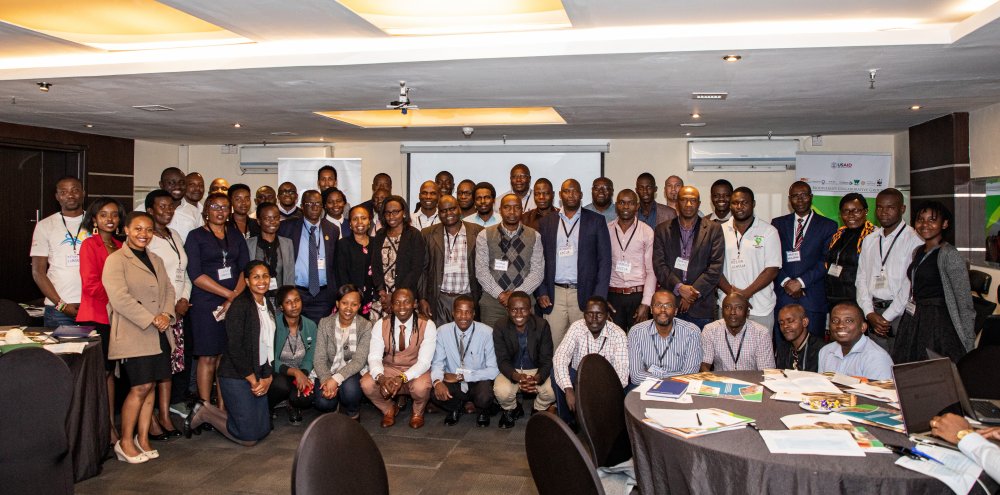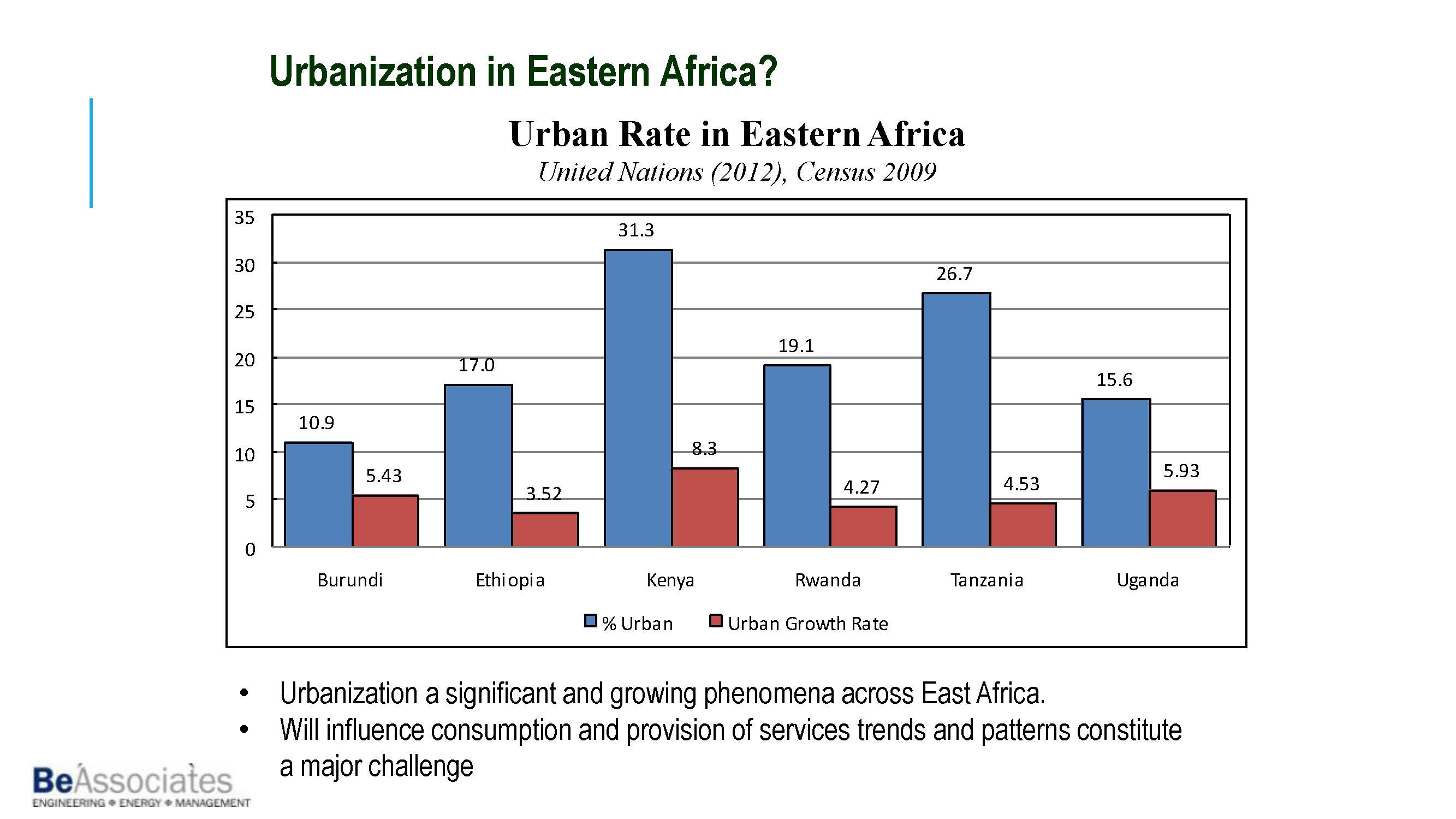Originally published by the African Wildlife Foundation

‘The Freshwater Conservation and Water Sanitation and Health (WASH) Integration Community of Practice meeting on the theme, Rapid Urbanization, Infrastructure Development, and Water Conservation in Kenya, took place in Nairobi, Kenya on February 25, 2020. Convened by the Kenya Water and Sanitation Civil Society Network (KEWASNET) and the Africa Biodiversity Collaborative Group (ABCG), the meeting attracted participants from the public, private and civil society sectors as well as university students.
‘As Africa changes, it is essential that healthy ecosystems are included in development plans. There is a need to negotiate space for conservation as well. It helps to identify threats and solutions around access to water to eventually improve efficiency, collaboration, and impact. Water security is indispensable in sustainable growth as well as in development.
At the meeting, discussions revolved around three key themes, 1) An understanding of water resource management and the value of freshwater ecosystems, 2) The role of water governance and urban planning in mediating urban water demand and supply, and environmental protection, and 3) The cost of meeting FW-WASH challenges in the face of rapid urbanization.
“ABCG, through its thematic working group focusing on the integration of freshwater conservation and Water, Sanitation and Hygience (WASH), initiated this community of practice to bring together stakeholders working in conservation, development, and WASH sectors to learn and exchange practical experiences and resources as well as to address pertinent issues,” said Evelyn Namvua, ABCG Communication and Engagement Specialist.
While discussing on the benefits of freshwater ecosystem, participants observed the need to increase awareness among citizens about the importance of the critical (provisioning, supporting, regulating, and cultural) services provided by the ecosystem as an important requirement that could positively transform how we treat and protect our environment.
The role of the government in sustainable water management was stated as critical to the success of many intervention projects. There’s need for a structural revolution particularly in integrating politics into program design to ensure that the program attains its full benefits. On the other hand, civil society organizations and other actors involved in water resource management need to engage with the local and national governments to support them in planning and coming up with policies that would ensure sustainable water resource management.
“As the national government is budgeting for water resource management, it is important that county governments also plug in and include it in their budget plans. Banks can also fund some of the infrastructure. However, all these revolve around sustainable governance,” said Martin Mulongo, the Water and Sanitation Specialist at the U.S. Agency for International Development.
‘United Nations-Habitat estimates that by 2030, the urban population in Africa will double. Therefore, the meeting sought to find a balance between the provision of clean water and the protection of Kenya’s water catchment areas while promoting urbanization without any compromising the other. Across the continent, key water catchment areas are facing severe degradation due to land-use changes, poorly planned infrastructure, urbanization, and population growth.
‘Urbanization brings about not only a national but also a positive global change. It facilitates the growth of hubs for innovation, creativity, and growth. Additionally, it accounts for 85 percent of global Gross Domestic Product. With the proper development of urban infrastructure, national and regional Sustainable Development Goals can easily be attained.
Read the article on the AWF website: AWF Promotes Freshwater Conservation as Top Development Priority, published March 03, 2020
Photos: Click here to view the event photos
About ABCG Freshwater Conservation and WASH activities
ABCG is working to reduce watershed degradation and pollution to increase the health of watershed ecosystems and species by linking freshwater conservation, access and Water, Sanitation and Hygiene. Pilot projects in Uganda and South Africa, examine the effectiveness of implementing integrated development and conservation projects from a freshwater ecosystems perspective. Activities are contributing to the conservation of freshwater ecosystems and improving efficient use of diminishing water resources due to climate change, that lead to increased access to potable water and improved human health.
About the FW-WASH CoP
Recognizing the need to better share information on FW-WASH initiatives, the ABCG FW-WASH task group initiated the CoP with the aim of establishing an integrated learning and knowledge sharing platform between FW-WASH practitioners in a supportive and collaborative environment. The main goal of the CoP is to bring together WASH and conservation practitioners to reduce water catchment degradation and pollution, and improved health of freshwater ecosystems and people.



canadian pharmacies without an rx
certified canadian online pharmacy
cheap prescription drugs
mail order pharmacy canada
overseas pharmacies that deliver to usa